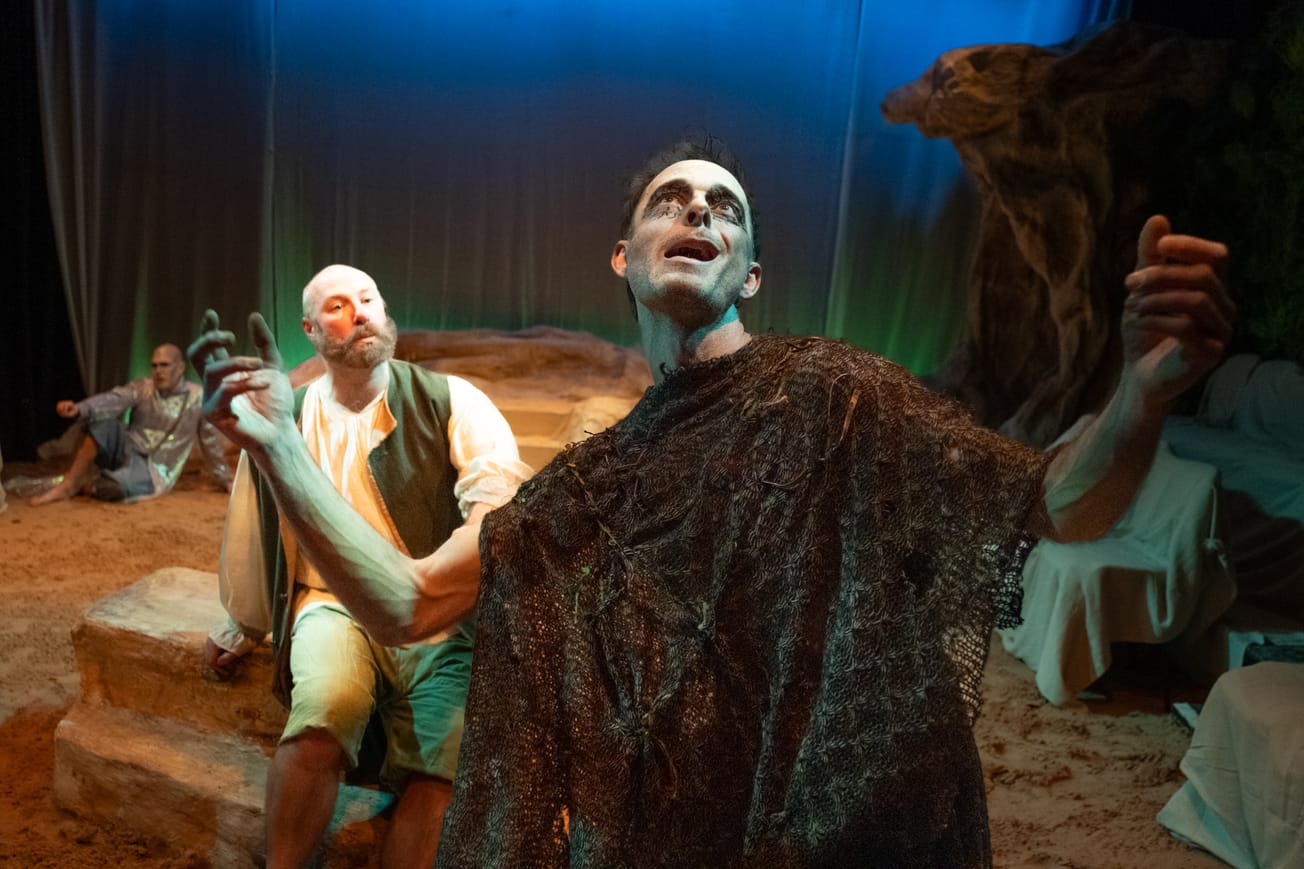By Tess Cotterill, first year English
Tess Cotterill explores creative activities as a way of managing stress.
University life can be intense, and the beginning of the year particularly difficult - for freshers it's a period of complete change, and for returning students it can be challenging to get back into the swing of things, especially when faced with gloomy skies and short days. As a student body, it's particularly important to keep an eye on our own mental health at this time of year, as well as that of our peers.
Although not normally a first port of call, taking part in creative activities is an enjoyable and practical way to take care of our mental health. Getting creative has countless benefits - it provides an outlet for self expression, and enables us to create positive community. Whether it's painting, drawing, performing, writing (the list goes on...) there’s something creative for everyone to have a go at. Participating in a creative activity is a way for people to explore and communicate their thoughts and feelings to combat the trials of daily life, without the pressure of having to do so verbally.
The positive impact of employing creativity to benefit mental health can be seen in the range of expressive forms of therapy that are now widely used - such as art, drama, dance and writing therapy. The shared focus of these therapeutic forms is not the ‘product’ created, but the creative process itself; their aim is to facilitate people’s understanding of their feelings and thought processes, through the process of reflecting upon what they are creating. The benefits of this range from managing levels of daily stress to addressing and overcoming difficult experiences and trauma.
The Benefits
Stress relief
Creative activities are a way of managing stress, which is vital at university. The creative process requires you to become absorbed in something separate from studies and the difficult or mundane tasks that consume daily life.
Self awareness
A sense of self awareness can be gained through the process of creation, through a greater understanding of our individual desires and ideas which can in turn increase our levels of confidence and certainty.
A sense of purpose and achievement
A feeling of purpose can be acquired through creating, as it’s immensely satisfying to create something unique from nothing.
Creating community
Primarily due to the dialogue formed by creating, a sense of community is formed through art which can be highly beneficial for individuals.
Creating Community in Bristol
The shared experience of creating connects people in a unique way, for instance in the setting of an art or drama class. Community is also created by the sharing of ideas and opinions through the arts, as it allows people to better understand one another other. As well as increasing our understanding of others as individuals, creative output creates a wider dialogue about issues that are important to people on a wider scale. Expressing opinions through a creative medium is an accessible way of discussing and understanding issues in society, which can be difficult to navigate.
At the University of Bristol there are so many societies to get involved with that make up a creative community, with opportunities to draw, act, sing, dance, play instruments and write (amongst many others). All of these societies are listed on the Bristol SU website, and can be found here.
"the shared experience of creating connects people in a unique way"
Outside the university, there are so many schemes and opportunities in Bristol that directly relate to creativity and mental health. Some examples include:
The Wellbeing Arts Public Health Project holds group sessions focused on arts, creativity and wellbeing, with the aim of developing creativity and skills for people suffering from depression, facing a change, loss or stress, and for carers.
Studio Upstairs offers studio space, support and creative workshops for people facing difficulties concerning their mental health.
As the winter months approach, let’s all make an effort to take care of our mental health- trying something new or keeping up with an old creative hobby might just be a comforting and enjoyable way to do this.
(Featured image: Unsplash / David Pisnoy)
What are your thoughts on creativity and mental health? Let us know in the comments below or on social media.









